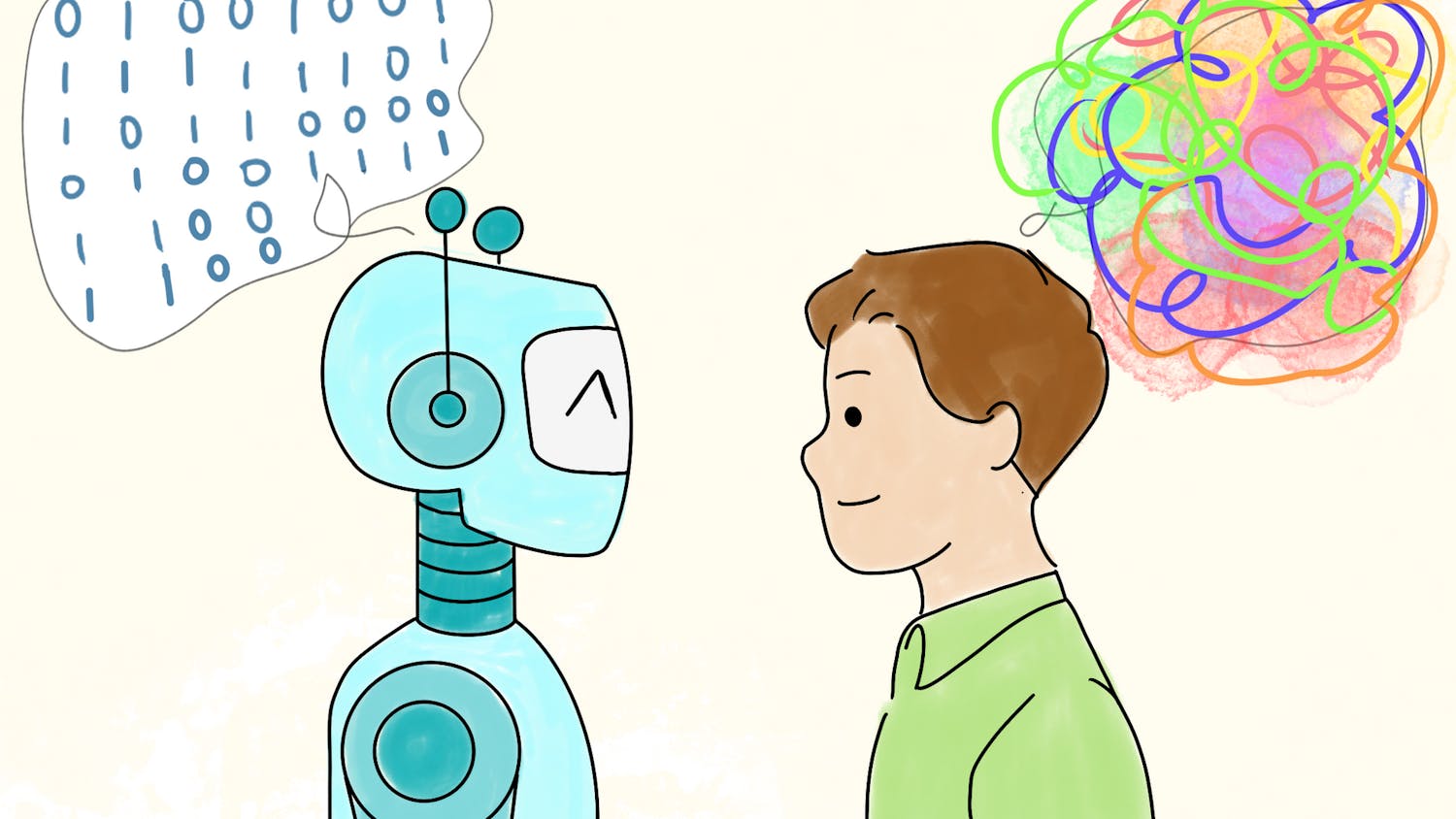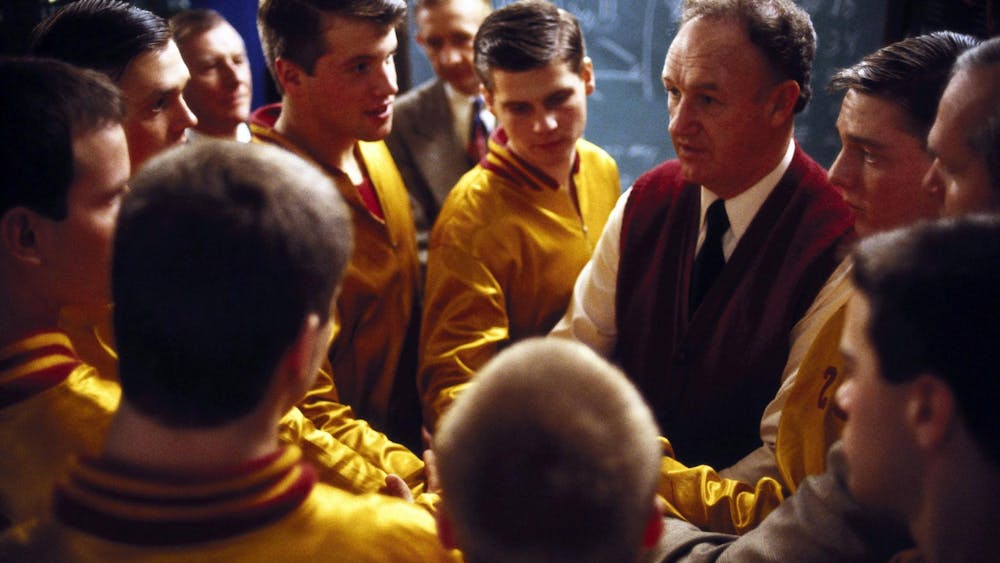I’m not sure if you’ve heard, but anti-capitalism is so in right now. Take it for what you will — a recession indicator or simply the sign of the times — but it almost seems like we’re seeing another entry into the “eat-the-rich" canon every other week at this point. It’s in vogue to critique our ideological systems right now, it’s true! But, unfortunately, for every film like “Poor Things” or “The Brutalist,” which are actually effective commentaries on the subject, you have a half-baked project like “Death of a Unicorn.”
Alex Scharfman, in his directorial debut, doesn’t seem exactly sure what sort of movie he wants to make. “Death of a Unicorn” is a lot of things: it’s a progressive satire, a fable, an adults-only version of a children’s bedtime story, a horror film, a family drama. What it isn’t though, but what it so desperately tries to be, is deep or meaningful.
The film follows Ridley (Jenna Ortega) and her widowed father Elliot (Paul Rudd) as they spend a weekend at the estate of Elliot’s wealthy boss Odell Leopold (Richard E. Grant). On the way there, the two hit and injure a unicorn foal — after they, understandably, freak out, Elliot puts the creature out of its misery and, with no other option, stuffs it in the back of their SUV. Things are okay for a while, but once everyone learns of the unicorn’s existence, and the Leopold family attempts to use it to their financial advantage, the characters’ fortune takes a turn for the worse.
I’ll be the first to admit that this is a genuinely original idea, something we need more of in Hollywood. The genre-switch, too, is a promising aspect: it’s around here in the plot, about halfway through the film or so, where that horror aspect is introduced. Because, you see, once the characters are all on the same page about the unicorn foal, and the Leopolds hire a cabal of scientists to perform tests on it, the baby’s parents come into the picture looking for vengeance. This genre-switch could’ve been genuinely striking and innovative. But it never quite lands because, ultimately, the film only ever seems like it’s scared of itself.
As I’ve said before, “Death of a Unicorn” is several things at once, and it seems the only reason that’s the case is because it refuses to truly be any one thing. It’s a horror film that’s never scary, a comedy that’s rarely funny, a political satire that’s too on-the-nose, a family drama that fails to tug at your heartstrings, a fable that never actually teaches you anything. But perhaps the film’s biggest offense is that it’s never even fun. All of these different genres land flat because I never cared enough about the characters to actively root for them, nor was I ever invested enough in the story to ever be interested enough to care in the first place. What was an interesting concept remains just that: an interesting concept and nothing more.
I’m reminded of Mark Fisher’s critique of anti-capitalist media in his 2009 book “Capitalist Realism.” Fisher, the late theorist, argues that, today, anti-capitalist ideology is no longer a legitimate threat to the capitalist system but actually tactically used by capitalist forces to reinforce the system. He uses the example of “WALL-E,” a film that is very clearly critical of the effect capitalism has had on the planet. It’s ever so ironic then that the film was distributed by none other than Disney, a corporation that, with its current market cap of $178 billion, signifies the very portrait of capitalist ideology.
Now, it’d be genuinely disingenuous to compare a film like “Death of a Unicorn” to “WALL-E” or A24 to Walt Disney Studios. But, in a way, this inability to compare these two forces represents my argument: wouldn’t one want the independent picture, posited as an alternative to the big studio fare that’s dished out to us daily, to not feel so much like the very thing it’s supposed to be antithetical to? Scharfman’s film is uninventive, wholly a product of market forces that reduce films down to the bare functioning needed to tell a story — those exact market forces it purports to critique.
In other words, “Death of a Unicorn” plays it safe, which is precisely the opposite of what one wants from this distributor. Though an original concept that, given the time and care, could’ve been very fascinating and, importantly, very fun, what we’re left with is a muddled and lifeless phantom of what could’ve been.






